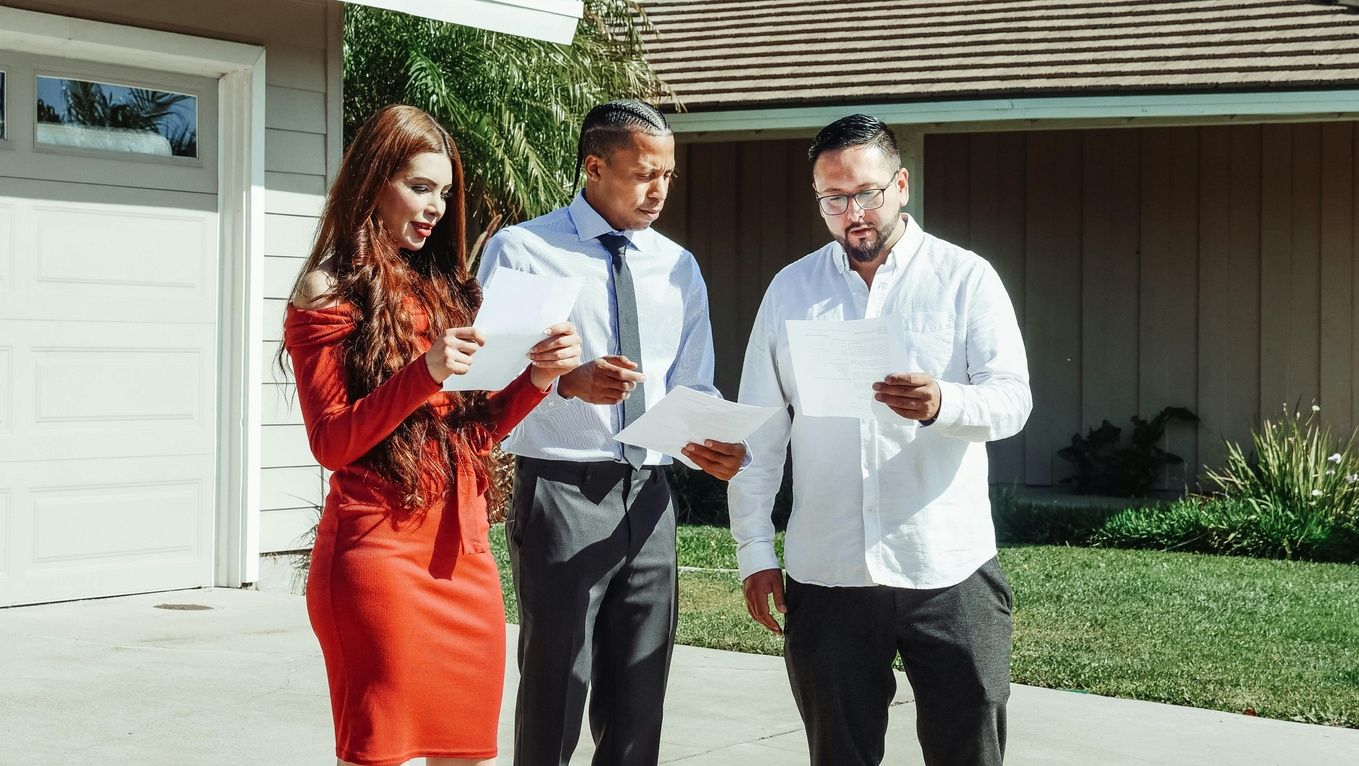Complete Prop 19 Guide: From LLCS To Cotenants
Understanding Proposition 19
Proposition 19 was enacted in California at the end of 2020 and created substantial obstacles for homeowners to avoid reassessment of their property. This is significant because, under Proposition 13, property taxes are limited to 2 percent annually absent a change in ownership. This can be a massive benefit, particularly in California, where it’s common for homeowners to have purchased their property at a time when home values were much lower, and therefore, so would their property taxes. However, absent an exception, if there is a change of ownership under Proposition 13 the property would be reassessed.
In a nutshell, what Proposition 19 does is severely limit these exclusions. The current exclusions under Proposition 19 include victims of disasters, disabled persons, persons over 55 years of age, parent to child, and grandparent to grandchild.

Wildfire Exclusion
For this exclusion to apply, the property destroyed must have been your primary residence and must have been located in California. A new home must then be purchased within two years of selling the original damaged property. That will allow you to transfer the taxable value of your destroyed home to your newly purchased home.
Disabled Persons and Those Over 55 Years of age
This exception is a huge benefit to those on fixed incomes. Particularly those near retirement age who want to downsize, but don’t want to be burdened with higher taxes. This applies only to one’s primary home. It can only be in California. This exclusion is limited to 3 transfers.

Parent to Child and Grandparent to Grandchild
This exclusion may be the most controversial since it is the most commonly used. This exclusion prevents reassessment only if the transfer is from a parent or grandparent to a child or grandchild and it is limited to the current taxable value plus one million. The last restriction is tricky. It requires that the child or grandchild make the property their primary home and do so within one year of obtaining it. That’s right, they actually have to move in. Renting it won’t suffice. Moreover, once you move out of the property it will be subject to reassessment.
Note that for the grandparent-to-grandchild exemption to apply, the parent(s) of the grandchild, who are the children of the grandparent, must have passed before the transfer.
Other Proposition 19 Issues: LLC’s
Using an LLC to prevent reassessment can be a powerful tool, but not easy to implement. If a property is originally owned by the LLC then reassessment can be avoided as long as no new owner gains no more than 50 percent interest in the property
So what happens when you have a property and you later transfer it to an LLC? In this case, the rule is slightly different. If the property was originally individually owned and later transferred to an LLC, then if the original owners transfer more than 50 percent in total, not just at one time, the property will be reassessed.This can have huge tax implications For example, a commercial property that is subject to reassessment could have a property tax increase so significant that it's no longer worthwhile to keep. Therefore, planning ahead is critical.
Joint Tenancy
Unfortunately holding title in joint tenancy does not help to avoid reassessment. While there is no reassessment after a single joint tenant passes, there will be once all the joint tenants pass.

Cotenants
There is also a limited exception for cotenants. This exemption allows a transfer of the primary residence only and must occur at the death of a cotenant. Further, the tenants must have had complete ownership of the property, they must have owned it within one year before the death of a cotenant, and the cotenant who survives must gain the entire interest of the property.
Leaseholds
The transfer of a lease can also trigger a reassessment of a property. Without getting bogged down in the weeds, generally, if you create or transfer a lease of 35 years or more the property will be reassessed.ConclusionAs you can see, proposition 19 can significantly a ownership occurs. There are many exceptions and some can be complicated. It’s recommended that you speak with a professional regarding issues related to Proposition 19.











